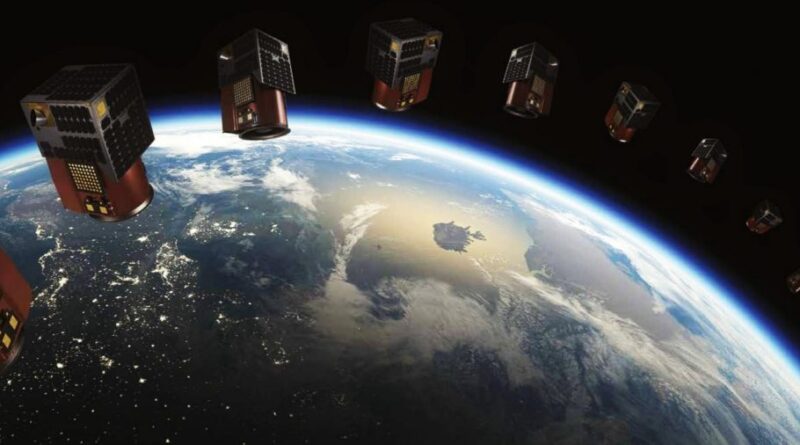SpaceX agrees to launch dozens of Satellogic Earth imaging satellites
Argentinian Earth observation company Satellogic has signed an agreement with SpaceX to launch at least 68 more satellites on multiple Falcon 9 missions over the next few years.
If fully realized, the deal could be worth tens of millions of dollars. It also demonstrates that SpaceX’s Smallsat Rideshare Program remains as viable and competitive as ever even as a plethora of startups work around the clock to prepare a new army of small rockets that are explicitly designed and sized to launch small satellites.
Satellogic’s latest Multi Launch Agreement (MLA) is in addition to an existing MLA signed in early 2021 with SpaceX that covers the launch of around 15-20 “NewSats” through the end of 2022. The 2022 MLA will cover the launch of another 68 satellites from 2023 onward. Through its prior agreement, Satellogic has manifested a total of nine NewSats on SpaceX’s Transporter-2 and Transporter-4 missions in June 2021 and April 2022 and will likely have payloads on Transporter-5 (May or June 2022) and Transporter-6 (October 2022). If all goes to plan, the company will end 2022 with 34 satellites in orbit and the ability to reimage certain parts of Earth’s surface up to 7 times per day at a resolution of 0.64-0.99 meters per pixel.
Satellogic then wants to almost double its production and launch rate in 2023, adding 29 satellites to its constellation in one year for a total of 63. In 2024, Satellogic intends to debut a new spacecraft capable of imaging Earth at a resolution of 0.4 meters per pixel and launch around 76 satellites. The resulting constellation of 139 satellites would allow Satellogic to image – at high resolution – almost any point of interest on Earth every ~50 minutes.

In 2025, with a constellation of 200+ satellites, Satellogic believes it will be able to fully remap the Earth every day – a truly unprecedented capability at the resolution NewSats are capable. Even as early as the end of 2023, with SpaceX’s help, Satellogic believes its constellation will be able to remap the Earth at high resolution every single week.
Up to now, Satellogic has launched no more than five NewSats at once on a given SpaceX rideshare mission. If the company continues that batch size, half of the 29 satellites it wants to launch in 2023 would need to fly as copassengers on Starlink rideshare missions. However, if Satellogic ramps NewSat production, the constellation could be expanded much more quickly and efficiently. The fourth NewSat iteration (0.99m/px) weighs about 42 kilograms (~92 lb) apiece, meaning that SpaceX’s Falcon 9 rocket could easily launch dozens on a single Transporter mission.

Source : Autonews.com




